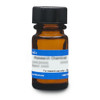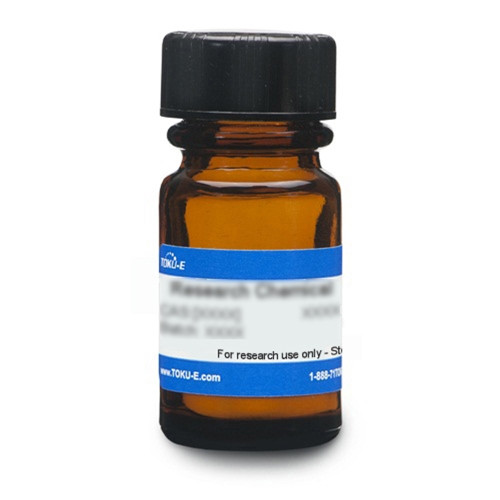Tipiracil is a member of the pyrimidone class. It inhibits the enzyme thymidine phosphorylase (TPase), which is an endothelial cell growth factor. It is used in combination with Trifluidine, since it inhibits the enzyme that metabolizes trifluridine, and Trifluridine/Tipiracil is used in colorectal cancer therapy.
| Mechanism of Action | Tipiracil is a thymidine phosphorylase inhibitor and prevents conversion into the inactive major metabolite (5-trifluoromethyl-2,4(1H,3H)-pyrimidinedione). Thus, the compound can increase trifluidine bioavailability in vivo. |
| Cancer Applications | The effects of trifluridine/tipiracil (TFTD) on the survival times of mice inoculated with human colorectal or gastric cancer cells into the peritoneal cavity were evaluated. Human cell lines were used in this study. Colon cancer cell line HT-29, colorectal carcinoma DLD-1 cells and HCT116 cells, 5FU-resistant cell line DLD-1/5FU , gastric cancer cell line MKN45. The compound exhibited anticancer activities and significantly prolonged survival in nude mice. (Suzuki et al, 2017). |
| Molecular Formula | C9H11ClN4O2 • HCl |
| References | Fukushima M (2000) Structure and activity of specific inhibitors of thymidine phosphorylase to potentiate the function of antitumor 2'-deoxyribonucleosides. Biochem Pharmacol. 59(10):1227-1236 PMID 10736423 Suzuki N, Nakagaa F and Takechi T (2017) Trifluridine/Tipiracil increases survival rate in peritoneal dissemination mouse models of human colorectal and gastric cancer. Oncol Lett. 14(1):639-646S |







